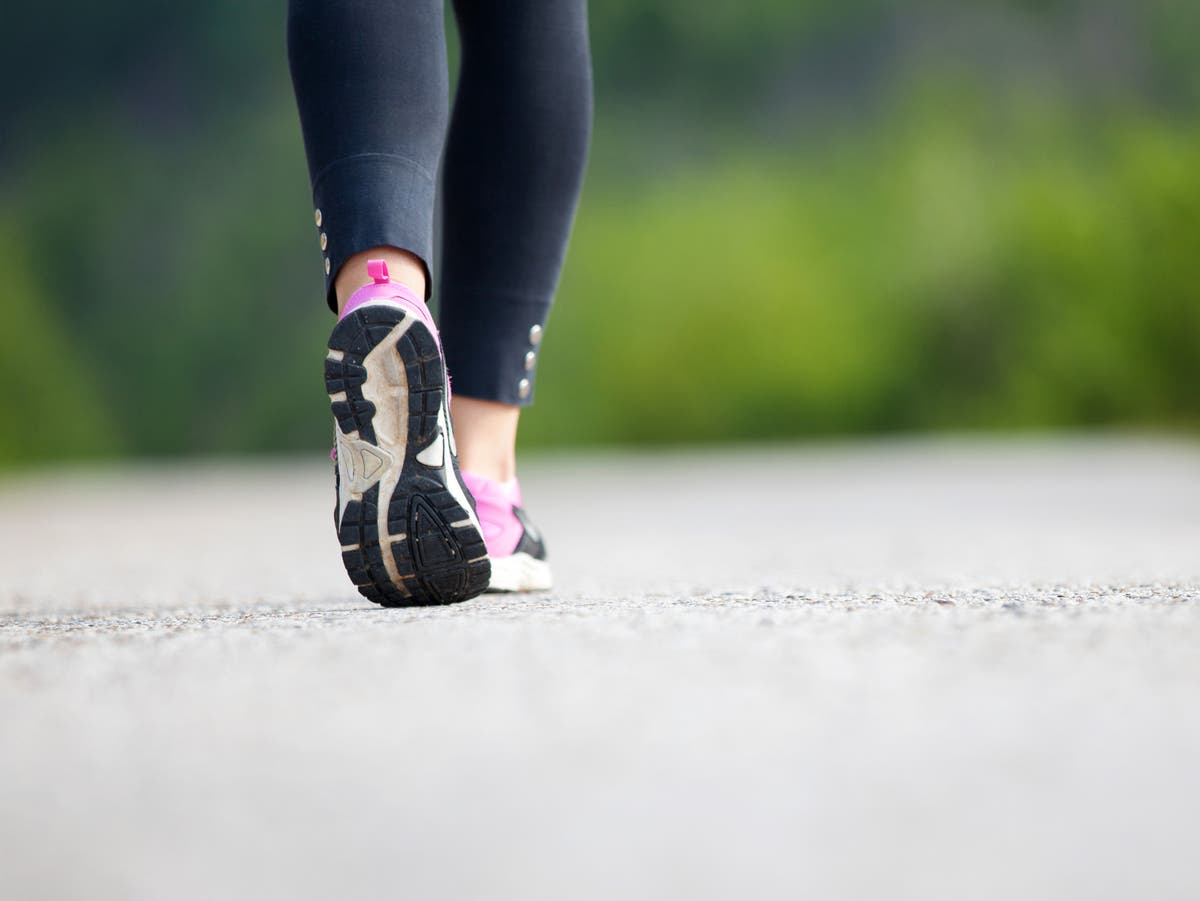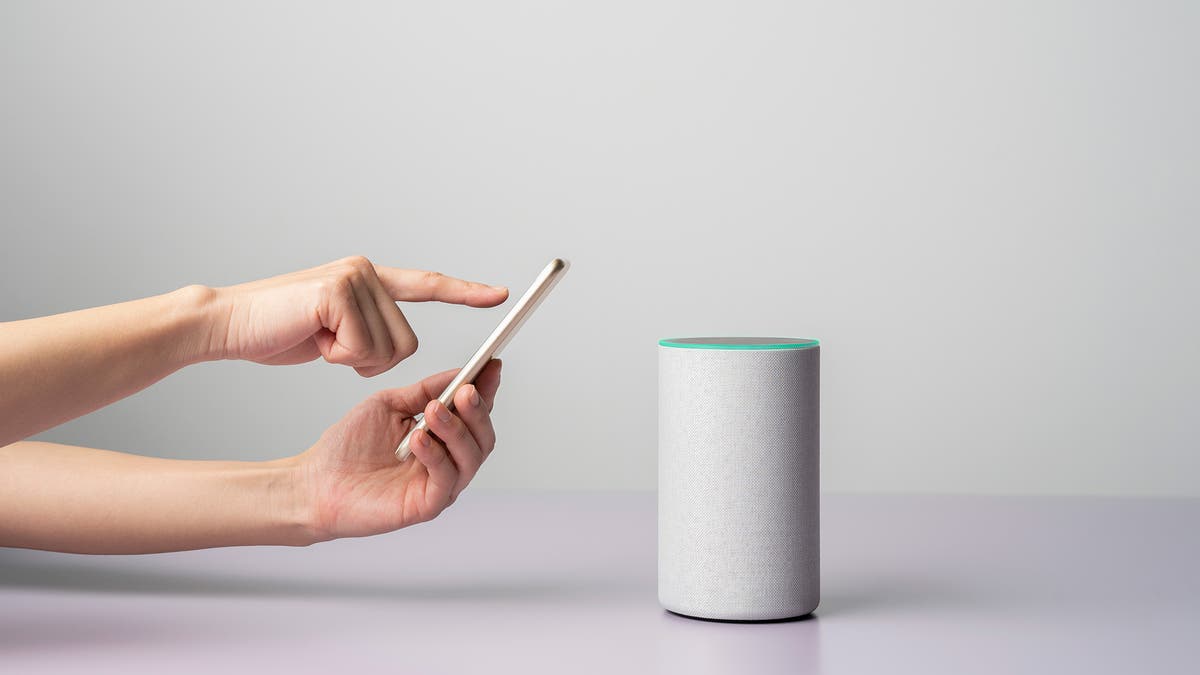How to have a great day at work: Understand the collagen principle

Collagen has been having a real moment the last few years, with powders, gels and pills popping up everywhere and celebrities swearing by it for glowing youthful appearances. But I’m interested beyond the fact that it could make us look better and want to know if it’s something that will make us feel better too.
So, what actually is it? Collagen is the most common type of protein and makes up 25 to 35 per cent of our whole body’s protein content. It’s composed mainly of the amino acids glycine, proline, and hydroxyproline; these amino acids form three strands which make up the triple-helix structure characteristic of collagen.
It’s found in the skin, connective tissue, bones, cartilage, tendons and cornea, it provides structural support to tissues and plays important roles in cellular processes, including tissue repair, immune response, cellular communication and tissue maintenance. It’s seriously important.
But, as we grow older, collagen becomes fragmented and the production of it slows. This, plus the loss of another key structural protein called elastin, leads to signs of ageing, such as sagging skin and wrinkles.
Meanwhile, because the integrity of the collagen found in the skeletal system decreases with age too, this leads to reductions in bone strength, weaker muscles and stiff tendons or ligaments. When you’re sitting at your desk all day, you can see how this might exacerbate the aches and pains.
While collagen loss and damage as you age are inevitable, certain dietary and lifestyle factors can accelerate this process pretty quickly – smoking, excessive drinking, eating a diet high in sugar and ultra-processed foods, plus sun exposure can all do damage.
The good news is that while our bodies naturally produce collagen, you can also consume it too. Collagen is found in all animals (most concentrated in skin and joints, bones, skin, and ligaments), beans and eggs. Bone broth is packed with it.
It’s also good to note that vitamin C is necessary for collagen synthesis, working alongside the protein – so fill up with citrus fruits, peppers, greens, and berries too.
But is it worth us supplementing what our bodies produce naturally? Melanie Lawson, founder of health supplement producer Bare Biology, believes it is, saying: “When we turn 25, our collagen production slows and around 30 we start to lose about 1 per cent per year. Yes, collagen helps give skin its plump appearance, but it’s also been found to support a healthy gut and [help] the teeth bind together. It also helps with hair regrowth and bone health by inhibiting bone loss and improving composition.” She also tells me that it enables recovery from exercise and is becoming increasingly popular among athletes and people who train a lot.
In her opinion, anyone over the age of 25 or those struggling with hair loss or wanting to improve their bone and gut health could seriously benefit from additional collagen. It will not only improve the condition of your skin, but thanks to its anti-inflammatory properties anyone suffering from rheumatoid arthritis or osteoarthritis could also benefit.
I’m 46 this year and I’m definitely going to experiment with it to see if it adds some bounce to my day. Watch this space.
Nicola Elliott is the founder of NEOM, and her book, ‘The Four Ways to Wellbeing: Better Sleep. Less Stress. More Energy. Mood Boost’, is published by Penguin Life
Source: Independent















